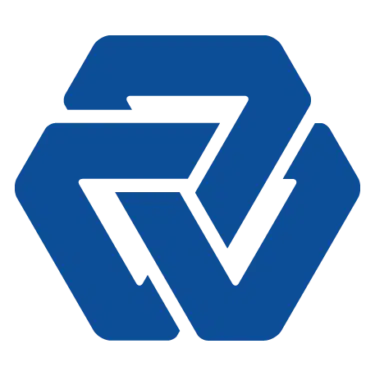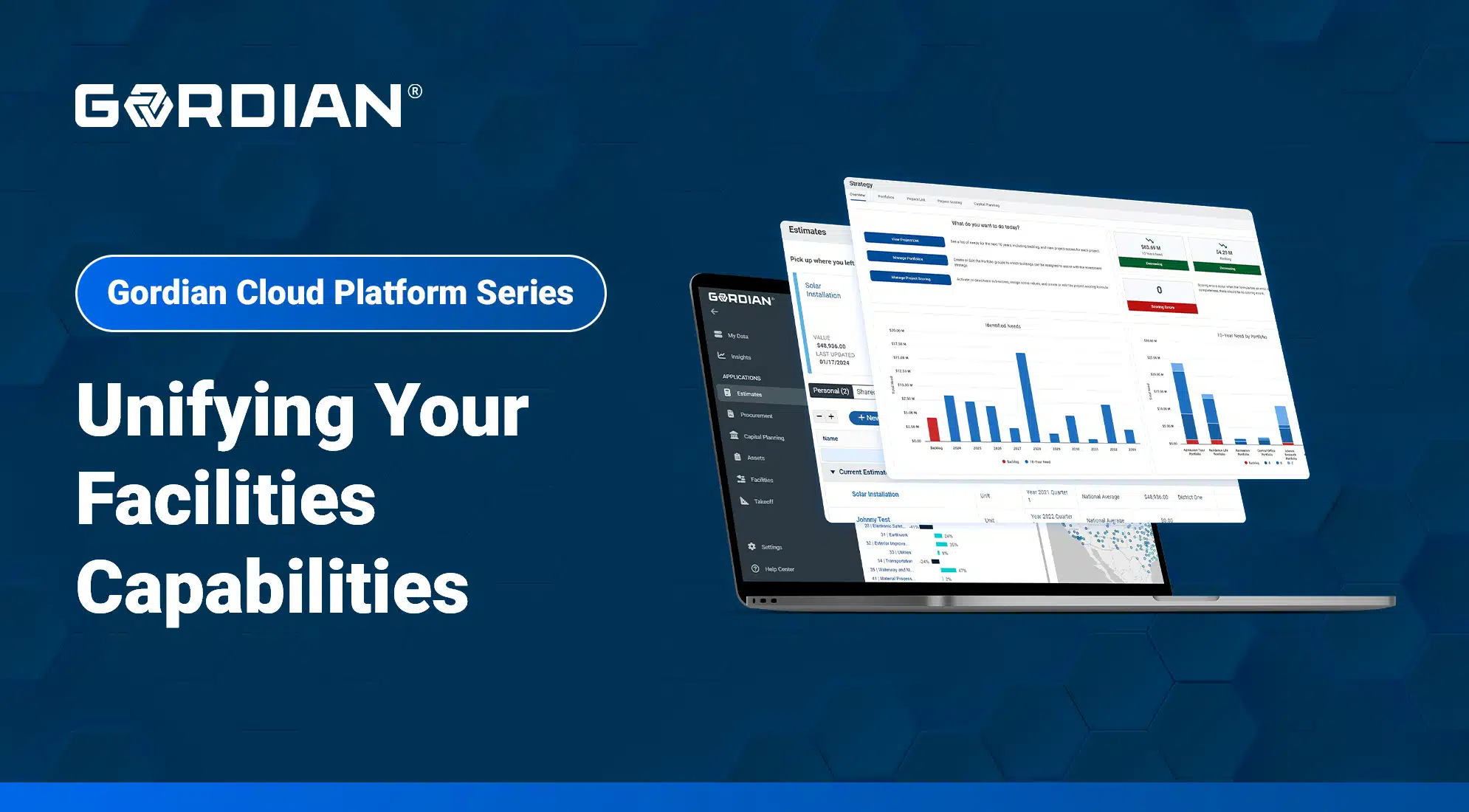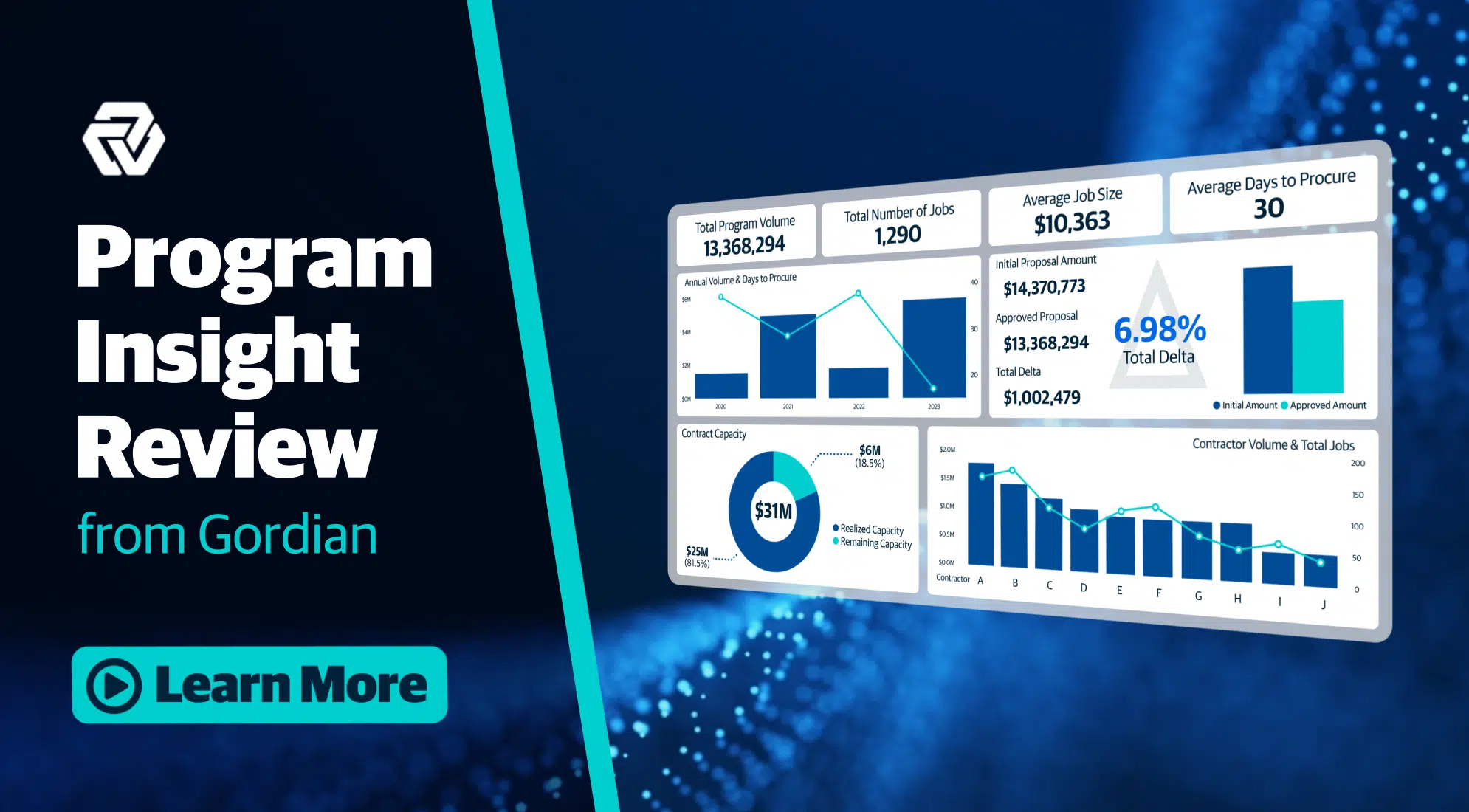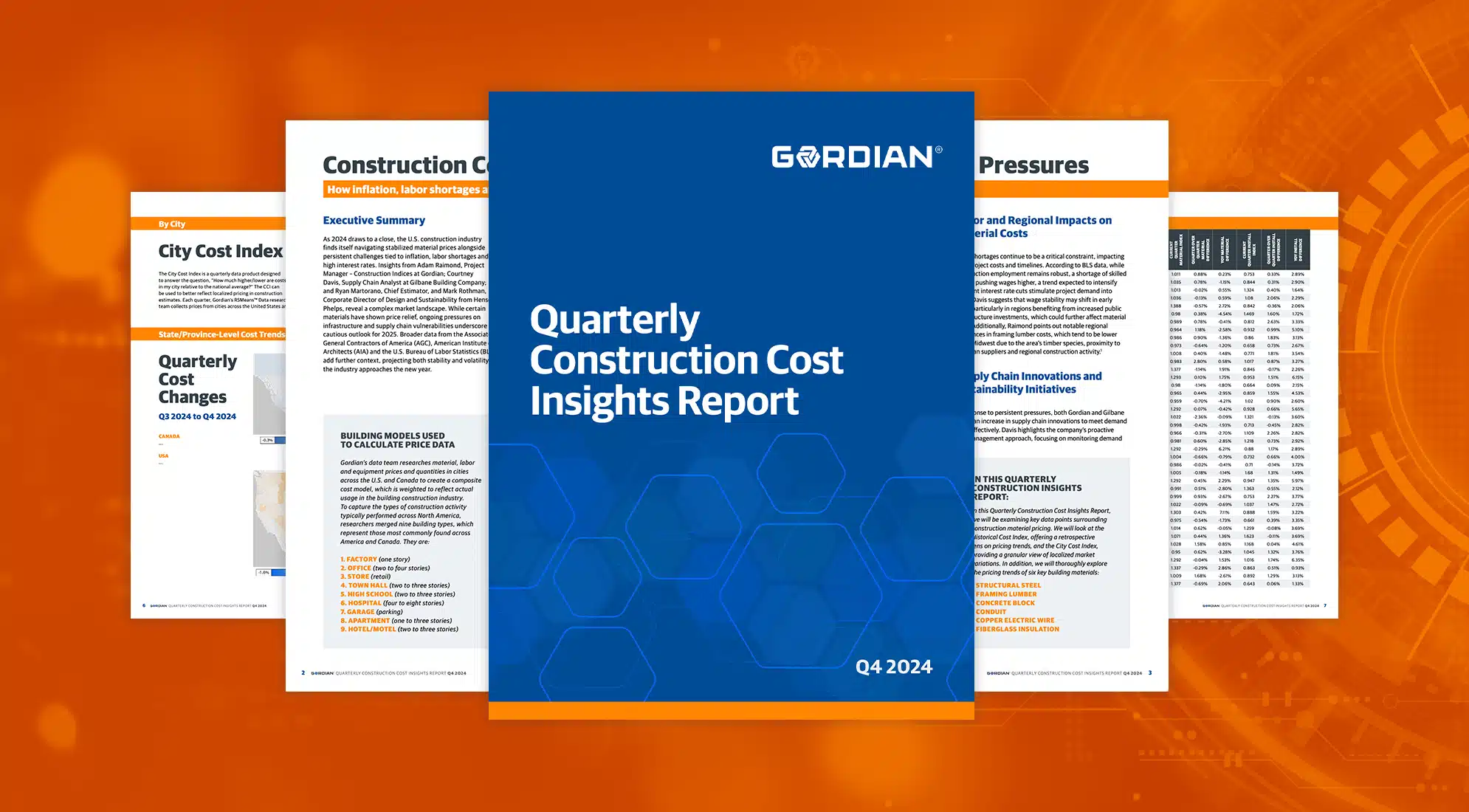Key Points:
- What Are IDIQ Contracts and How Do They Work?: Indefinite Delivery, Indefinite Quantity (IDIQ) contracts are flexible government procurement tools used when exact quantities and delivery schedules are unknown at the time of award. They allow agencies to issue task orders (for services) or delivery orders (for supplies) as needs arise, within a defined minimum and maximum contract value. This structure supports efficient, on-demand procurement across sectors like IT, construction and research.
- Types and Benefits of IDIQ Contracts: IDIQ contracts come in single-award (one contractor) and multiple-award (several contractors) formats. Single-award contracts offer consistency, while multiple-award contracts foster competition and innovation. Key benefits include faster procurement, cost savings, reduced administrative burden and support for long-term planning — making them ideal for dynamic or recurring needs.
- Keys to Success and Common Challenges: To succeed with IDIQ contracts, contractors must understand contract requirements, build strong agency relationships and demonstrate consistent value. Challenges include demand uncertainty, intense competition (especially in multiple-award setups) and strict compliance and reporting obligations. Flexibility in resource management and a proactive approach are essential for thriving in this contracting environment.
Indefinite Delivery, Indefinite Quantity (IDIQ) contracts play a pivotal role in the realm of government contracting. These contracts are designed to provide an efficient and flexible method for the government to procure supplies and services, including construction services.
Let’s examine IDIQ contracts, their nuances, their benefits and their application for businesses seeking to navigate the complex terrain of government contracting.
What are IDIQ Contracts?
IDIQ contracts are used by government organizations to procure supplies and services when the exact quantities and delivery schedules are not known at the time of contract award. The flexibility of IDIQ contracts makes them a popular choice for a variety of government procurement needs. Government health and science agencies, for example, may use an IDIQ contract to commission research projects that may not be completely defined at the outset. Information Technology services and professional needs like management training are also often acquired with IDIQ contracts. Lastly, IDIQ contracts are a popular choice for renovations and facilities maintenance work.
Key Features of IDIQ Contracts
Flexibility in Delivery and Quantity: One of the primary features of IDIQ contracts is their flexibility. They allow for multiple deliveries of undetermined qualities over a specified period. This is particularly useful for projects where demand is uncertain or varies over time.
Task Orders and Delivery Orders: Under an IDIQ contract, the government issues task orders (for services) or delivery orders (for supplies) as needs arise. Each order specifies the exact quantity and delivery schedule, allowing for tailored procurement to meet specific requirements.
Specified Minimum and Maximum Limits: IDIQ contracts typically include a minimum and maximum quantity or value that the government commits to purchasing. This ensures that the contractor has a guaranteed minimum level of business, while also setting an upper limit on the government’s obligation.
Types of IDIQ Contracts
IDIQ contracts can be categorized into several types based on their use cases and requirements:
Single-Award IDIQ Contracts: These contracts are awarded to a single contractor. Single-award IDIQ contracts are often used when the government needs to ensure consistency and reliability in the delivery of supplies or services. This is a good option for public entities that have a strong relationship with an individual supplier. At their best, single-award IDIQ contracts can streamline the procurement process. However, they introduce risk. If the awarded supplier underperforms, the awarding organization suffers.
Multiple-Award IDIQ Contracts: In contrast to their single-award counterparts, multiple-award IDIQ contracts are awarded to several contractors. This approach fosters competition, as contractors compete for task and delivery orders, potentially leading to better pricing and more innovation. A multiple-award IDIQ contract effectively maximizes flexibility for the entity awarding the contract.
Gordian’s Job Order Contracting (JOC) is a multiple-award IDIQ construction contract that enables an organization to complete many projects with one competitively awarded contract. This single-solicitation process enables projects to start faster and creates partnerships between project owners and awarded contractors, resulting in higher-quality work. Rather than bidding on individual construction projects, contractors bid on a Gordian Construction Task Catalog® (CTC), a Unit Price Book containing local construction costs verified by Gordian experts. Largely used for routine, operational projects, Gordian’s Job Order Contracting is used to complete more than $4 billion in construction volume every year.
Learn how Gordian’s Job Order Contracting solutions benefit owners, construction contractors and communities in this comprehensive video series.
Government-Wide Acquisition Contracts (GWACs): These are a subset of multiple-award IDIQ contracts. GWACs streamline the procurement process by providing a pre-approved list of contractors and standardized contract terms for various government agencies. A GWAC acts similarly to a cooperative purchasing contract, only the “members” of the cooperative are federal government agencies, departments and entities. These IDIQ contracts tend to lower unit costs via economies of scale.
Benefits of IDIQ Contracts
IDIQ contracts offer several advantages for both the government and contractors:
Efficiency and Speed: By eliminating the need for repetitive bidding processes, IDIQ contracts enable faster procurement of supplies and services. Gordian’s Job Order Contracting, for instance, reduces construction project delivery by as much as 25%, according to a report by NIGP and Gordian. This speed is particularly beneficial in urgent or rapidly changing situations.
Cost Savings: The competitive nature of task and delivery orders under multiple-award IDIQ contracts can lead to cost savings for the government. These contracts motivate suppliers to offer their best prices and most innovative solutions to win orders.
Reduced Administrative Burden: For public entities and suppliers, IDIQ contracts reduce the administrative burden associated with multiple contract negotiations. Once the overarching contract is established, subsequent orders are simpler to manage.
Long-Term Planning: With the flexibility to issue orders as needed, IDIQ contracts support long-term planning and resource allocation for both government organizations and suppliers. Both parties can budget wisely, and the latter group can make informed decisions about inventory and personnel.
Challenges and Considerations
While IDIQ contracts provide numerous benefits, there are also challenges and considerations to keep in mind. Here are a few:
Demand Uncertainty: The very flexibility that makes IDIQ contracts attractive can also pose challenges. Contractors must be prepared to handle fluctuations in demand and manage resources accordingly. In construction, that means maintaining strong relationships with subcontractors and having the right human resources in place to respond to unexpected needs.
Competition: In multiple-award IDIQ contracts, the competition for task and delivery orders can be intense. Contractors need to continually demonstrate value and innovation to secure orders.
Compliance and Reporting: As with any government contract, compliance with regulations and reporting requirements is crucial. Contractors must ensure they meet all contractual obligations and maintain accurate records if they are to continue winning IDIQ contracts.
How to Succeed with IDIQ Contracts
Success in securing and managing IDIQ contracts requires a strategic approach. Following these tips will help you maximize your IDIQ contracting experience:
Understand Contract Requirements: Thoroughly understanding the requirements and scope of the IDIQ contract is essential for success. This includes the minimum and maximum limits, performance expectations and compliance obligations.
Build Strong Relationships: Building strong relationships with government agencies and contracting officers can provide valuable insights and increase the likelihood of securing task or delivery orders.
Demonstrate Value: Continuously demonstrating value through competitive pricing, innovative solutions and reliable performance is key to winning orders consistently, particularly under multiple-award IDIQ contracts.
Develop Flexibility: Investing in flexible resource management and supply chain strategies can help contractors effectively respond to the variable demands of IDIQ contracts. Availability is key, so suppliers should prioritize availability.
Low Risk, High Reward: The Appeal of IDIQ Contracts
IDIQ contracts are a cornerstone of government procurement, offering flexibility, efficiency and cost savings. By understanding the key features, benefits and challenges of IDIQ contracts, businesses can position themselves for success in the competitive landscape of government contracting. Whether you are a seasoned contractor or new to the field, leveraging the opportunities presented by IDIQ contracts can drive growth and innovation in your business.






